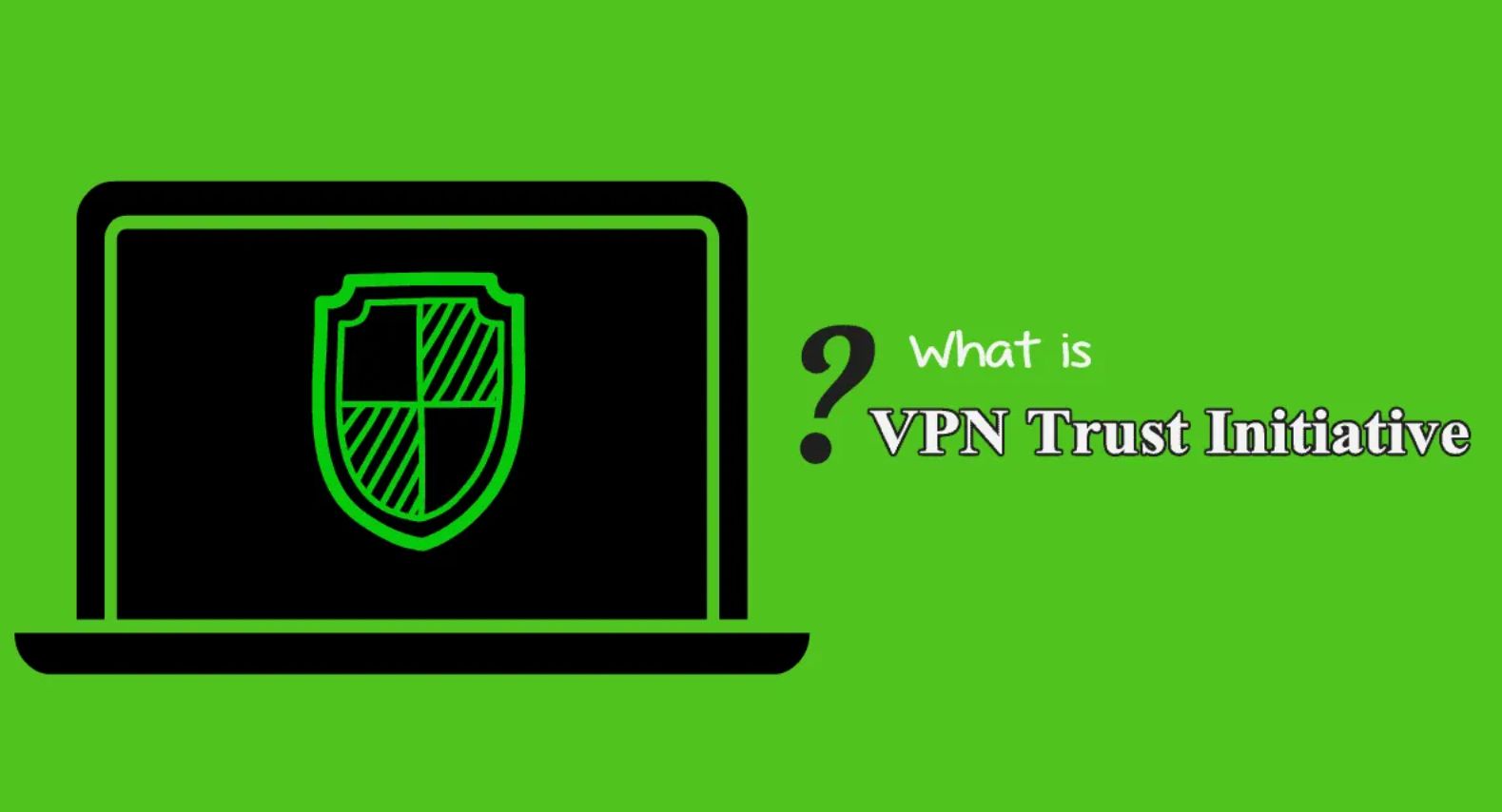114 reads
Great News About Self-Regulation In VPN industry: i2Coalition’s VTI Essentials
by
October 3rd, 2020
Cyber security copy writer, tech support with a degree in political science
About Author
Cyber security copy writer, tech support with a degree in political science
